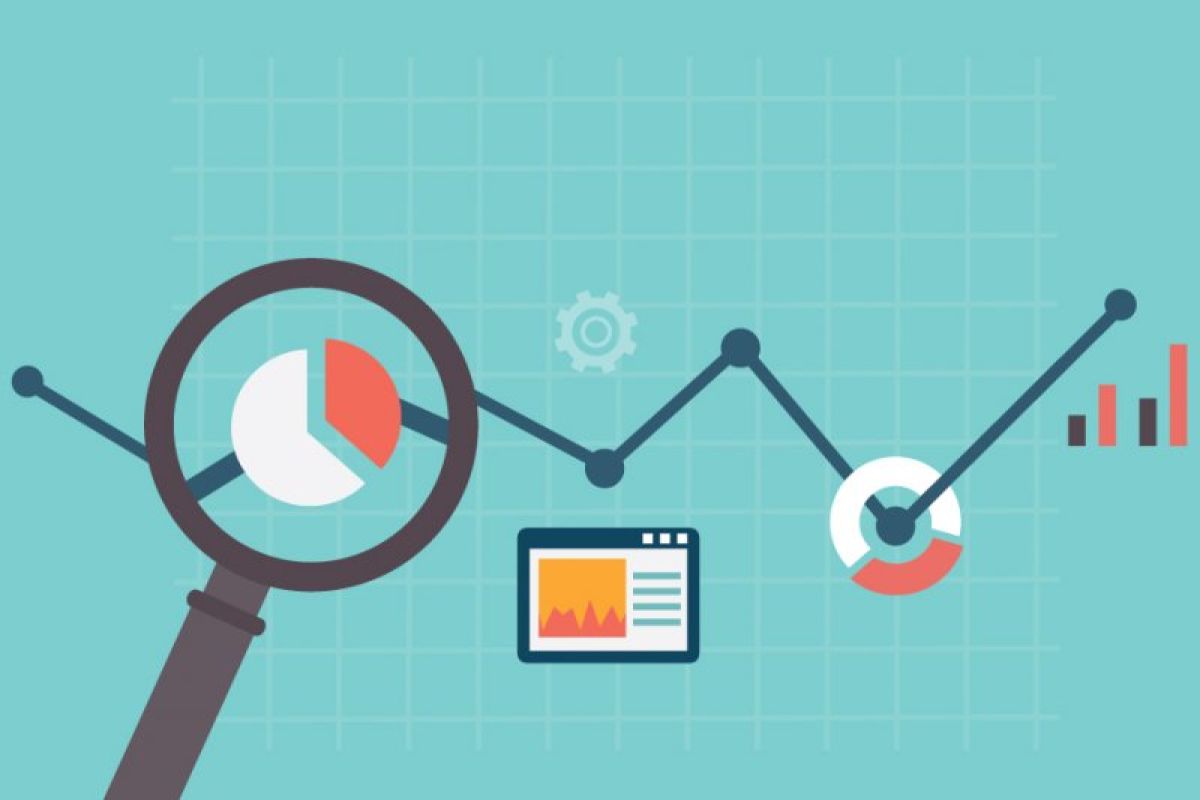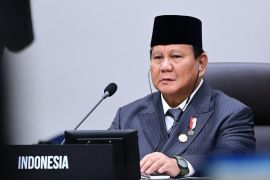The number securely places the region on course to meet the year’s growth expectations, currently estimated at 6.4 percent, or slightly higher than the earlier forecast, according to a written statement issued by the APEC Policy Support Unit and received here on Wednesday.
High growth in the APEC region in the first quarter of 2021 is attributed to a plethora of factors, comprising the low comparison point following substantial economic contraction a year ago as well as higher government spending on account of the sustained impact of the pandemic on economic activities, while domestic consumption grew considerably during the period.
In the near term, the APEC Policy Support Unit still sees sustained stimulus measures from governments driving the region’s economic growth.
Private consumption will also receive a boost of confidence, as consumers are expected to draw on their accumulated savings, bolstered in part due to cash transfers and wide-ranging subsidies to households.
"Vaccination programs and rollout still drive economic growth and the recovery progress in the region," according to Denis Hew, Director of the APEC Policy Support Unit.
"We are still seeing a disparity in access to vaccination coverage across APEC. Thus, economies with faster rollouts and sustained fiscal support will recover faster and stronger, while economies that struggle with vaccine access and have limited fiscal space will take more time to recover due to these uncertainties," Hew pointed out.
Vaccination coverage across APEC is noticeably diverse, ranging from 148 doses per 100 residents to a low of only one dose per 100 residents. Consequently, the rate of fully vaccinated people across economies varies significantly, from as low as 0.2 percent to as high as 72 percent of the population as of mid-August.
"The race to vaccinate as many people as possible in the shortest period of time is extremely crucial," according to Rhea C. Hernando, an APEC Policy Support Unit researcher, who updated the report.
"Economies cannot afford to continue to impose restrictions, close borders, and indefinitely provide wide-ranging fiscal and monetary support," she stated.
Hernando believes multilateral cooperation is the key to facilitating the free flow of vaccine components and related supplies, as it will contribute significantly to the accessibility and affordability of vaccines, especially for low- and middle-income economies.
"It is now clear that for economic recovery to be on firmer footing, health must be safeguarded, which in turn necessitates access to vaccines to protect as many people as possible, as soon as possible," she affirmed.
In terms of trade, the region performed positively in the first quarter of 2021, with the value of merchandise exports and imports growing at a higher rate of 16.8 percent and 16.2 percent, respectively, from a contraction of 6.1 percent for exports and 4.1 percent for imports during the corresponding period last year.
This improved performance is brought about mainly by pharmaceuticals and office and communications equipment, while the agrifood, apparel, metals and minerals sectors also added to the trade boost.
The unfaltering impact of COVID-19 on the transport and travel sectors continues to drag APEC’s commercial services performance.
For the January-March 2021 period, commercial services declined further to 12 percent for exports and 15.2 percent for imports, as compared to a decline of 9.5 percent for exports and 9.2 percent for imports for the corresponding period in 2020.
The updated report also indicated an increase in inflation during the first half of 2021 to 2.3 percent, as compared to 1.6 percent in the first half of 2020 on account of the gradual normalization of prices.
Inflation is expected to revert to its pre-pandemic levels globally once prices factor in pandemic-related supply-side disruptions.
The whole-year forecast of inflation for the APEC region is two percent, while it could increase to 2.2 percent in 2022.
There is a risk that the upward trend in inflation could persist, as consumption activity strengthens following successive quarters of pent-up demand. The report notes that price pressures require continued monitoring and clear communication from monetary policy authorities to guide inflation expectations.
"Addressing the ongoing health crisis, primarily through rapid vaccination rollouts even as appropriate health measures continue to be observed, remains paramount to strengthening economic recovery," Hernando affirmed.
"When people feel safe, they are more confident to go out, work, and spend accumulated savings while business could resume investment activity, supporting a gradual but uninterrupted economic reopening toward a stronger recovery," she stated.
Related news: APEC's structural reform to bolster resilience against future shocks
Related news: APEC's technical meeting cluster underway to drive recovery progress
Reporter: Yuni Arisandy Sinaga
Editor: Rahmad Nasution
Copyright © ANTARA 2021











